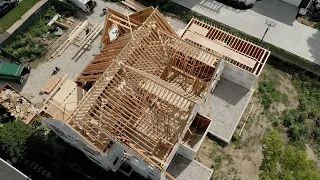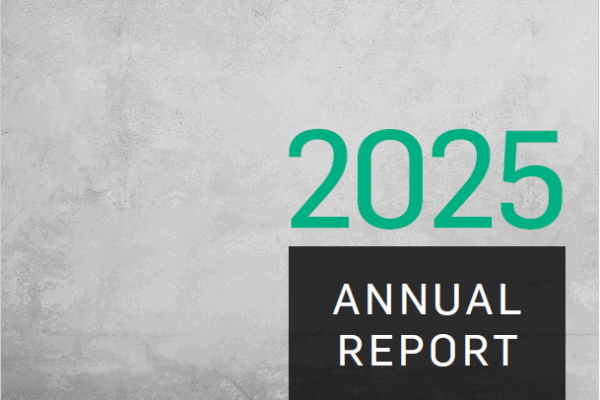Welcome to Building 4.0 CRC
Building 4.0 CRC is an industry-led research initiative co-funded by the Australian Government. The CRC aims to develop an internationally competitive, dynamic and thriving Australian advanced manufacturing sector, delivering better buildings at lower cost and the human capacity to lead the future industry.
The Building Industry
The building industry is an enormous contributor to the economy, employing around 1.4 million Australians and representing around 13% of GDP*. Australia’s existing high-cost, low-tech building sector is an ideal target for the disruption that most experts agree is heading towards the sector. Building 4.0 CRC will help prepare the industry and place Australia among world-leaders in the field.
For decades, building has been plagued by rising costs, stagnant productivity, high waste and low margins. These problems are compounded by the record demand for buildings of increasing complexity and higher performance standards, with increased customer expectations and sustainability requirements.
The industry needs to meet these demands while finding new efficiencies to lower costs; Building 4.0 CRC has been established to help deliver on these needs.

About Building 4.0 CRC
Building 4.0 CRC was established as part of the Australian Government’s Cooperative Research Centre program in 2020. Through deep collaboration and new technologies of the 4th industrial age, Building 4.0 CRC will catapult the industry into an efficient, connected and customer-centric future. The CRC aims to capture new opportunities across the whole value chain in cooperation with government, research and industry organisations.
Our four integrated research programs will help to ensure that we deliver on:
- new industry-wide culture, practices and standard protocols that will enable the transformation of the entire sector;
- more sustainable design and construction practices;
- new building processes and techniques through leveraging the latest technologies, data science and AI; and
- improvements to building “hardware” and processes, and their interaction with our digital and sectoral programs, to ultimately improve all aspects of the key building phases (development, design, production, assembly, operation, maintenance and end-of-life).
We are also creating pathways for future employees to develop new, tech-focused skills through a deep understanding of the industry’s needs and culture.
Furthermore, Building 4.0 CRC’s research projects will place Australia at the forefront of global developments in the advanced manufacture of buildings.

Targets
Building 4.0 CRC is taking a ‘whole-of-system’ approach to create an innovation ecosystem and transform the entire building industry.
Our specific targets include:
Better buildings
- Energy: 40% reduction in lifecycle costs through high-performing, efficient buildings
- Sustainability: Up to 50% reduction in CO2 emissions for more sustainable buildings
- Regulation: Improved policy & regulatory frameworks
- Quality and Safety: Fewer defects & improved quality, customer satisfaction, safety & certainty
New efficiencies & markets
- Cost: Up to 30% reduction in project costs through digital technology & off-site manufacturing
- Time: 40% reduction in project delays through integrated, live scheduling
- Waste: 80% reduction in construction waste & re-work for higher productivity
- Exports: Up to 25% increase in the export of building products & construction services
- Communication: A connected industry with common protocols & interfaces, and shared data
Human capacity
- Education: Train 36 PhDs and 1,000 Masters Students
- Jobs and Training: Create new high-skill jobs, training 7,000 apprentices in the new technologies of the 4th industrial revolution
- Culture: Create an open, collaborative, innovative, inclusive, and gender diverse industry

Benefits
Building 4.0 CRC will introduce positive change for many.
- Industry partners: increased profitability and productivity and the ability to generate collaborative partnerships with leading industry, government, research, education and training stakeholders.
- Research partners: ability to conduct leading R&D with global best-in-class companies and build the innovation ecosystem that will underpin Australia’s future leadership in the advanced manufacture of buildings.
- Australia: reductions in costs and wider improvements in building functionality, sustainability and operational efficiency.
- Government: a stronger economy, improved competitiveness and the generation of an innovation ecosystem that will lead to improved construction policy and regulatory frameworks and a more connected industry.
Subscribe
Want to be kept updated on CRC news? Subscribe to our news channel today.
Note: By providing your details, you are agreeing to receive communications from Building 4.0 CRC.
You will have the option to unsubscribe at any time.




